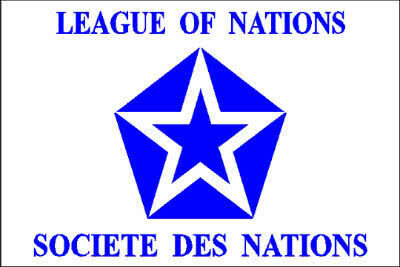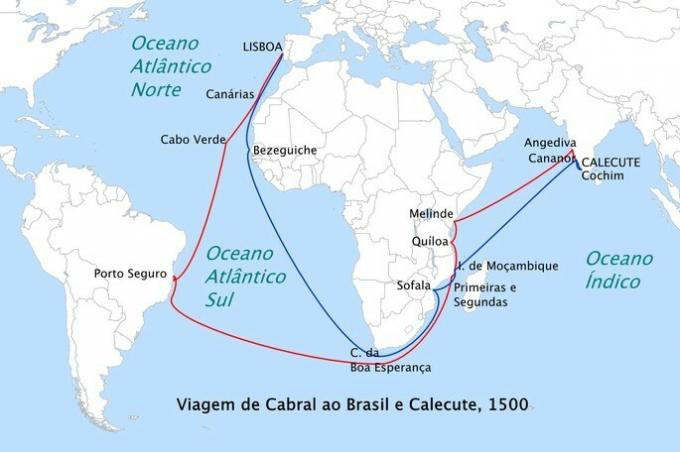Georges-Louis Leclerc (1707-1788), better known as Earl of Buffon, was one of the most prominent French intellectuals of the 18th century, alongside illuminists such as Voltaire and Rousseau. This thinker developed theses, that is, ideas based on speculation and research, about inferiority and character. degenerate and feeble (ie imperfect and malformed) of animals and people who developed outside the continent European. Buffon used the birth of the knowledge that formed modern biology to support his thesis. To the studies of the life and biological formation of beings, the Count of Buffon added the point of view of the eurocentrism.
O eurocentrism, which is nothing more than the intellectual (but also political) posture of taking the European continent and European man as parameter of comparison with other peoples, came to shape, for a long time, the vision that was had of the evolutionary disposition of the world and of the men. This vision established an “evolutionary geography”, in which Europe assumed the maximum degree of development (both material, intellectual and rational), Africa and Asia they were in the background, like stagnant continents, and America occupied the third plane, as a "young" continent, with inhospitable nature and a model of primitive and wild.
This type of idea, which became common in the 18th and 19th centuries, was the basis for the foundation of several racist theories, such as the Arianism — the ideology Nazi of the pure white race — which led millions of people (including Jews, Poles and Gypsies) to death in concentration camps during the SecondWarWorld. The European model of civilization was imposing itself on the world at that time. It was from this atmosphere that the ideology of progress and the philosophies of history, such as those developed by Hegel and Spencer.
The thesis on the weakness of animals in America is one of Buffon's most famous. The researcher Antonelo Gerbi, in his work “The New World: history of a controversy: 1700-1900”, carefully analyzed the buffonian ideas and gave the reader samples of these ideas, such as the proposal Next:
Do not stop now... There's more after the advertising ;)
“Horses, donkeys, oxen, sheep, goats, pigs, dogs, etc., all these animals, I say, have become smaller; and […] those who were transported but arrived there by themselves, in a word, those who are common to both worlds, such as wolves, foxes, deer, mountain goats, moose, are also considerably smaller in America than in Europe, and thiswithoutexceptionsome." (BUFFON, apud GERBI, Antonelo. The New World: History of a Controversy: 1700-1900. São Paulo, Companhia das Letras, 1996. P. 20).
In this passage, Buffon wanted to point out the character of the variability of animal species according to the environment in which they settled. Regardless of the species, for Buffon, on the American continent - because it is an inhospitable continent and little favorable to the full development of the vital faculties — living beings tended to develop weakly.
This perspective meant that America was always in the background when it came to development. Furthermore, with Buffon, Eurocentrism asserted itself in the new science of living nature, that is, in that way of knowing that it would become biology (Charles Darwin himself recognized in Buffon a great precursor of the contemporary understanding of the concept of species). This type of idea fit the notion of a Europe that was experiencing a period of fullness in the 18th century and that would politically impose itself on Asia and Africa in the following century, in the process known as Imperialism.
* Image credits: commons
By Me. Cláudio Fernandes


